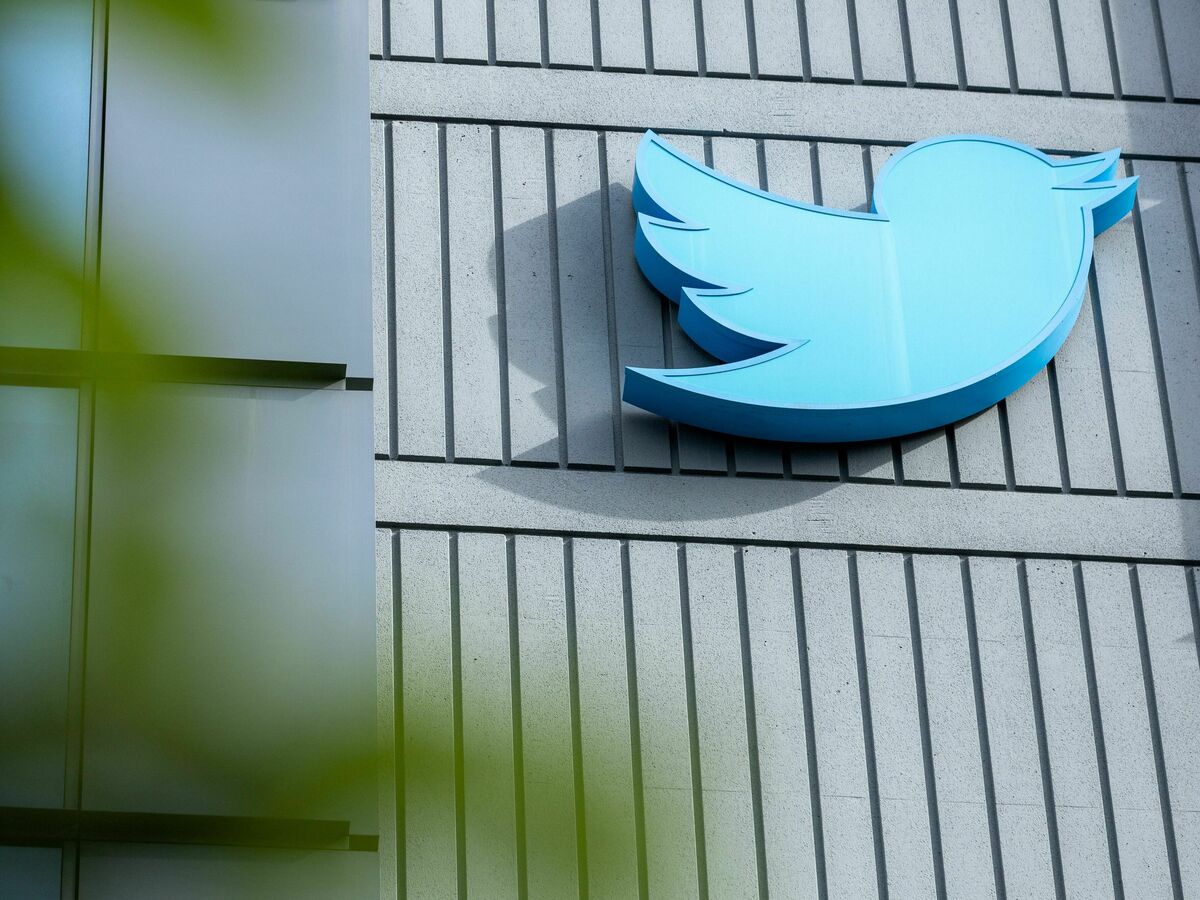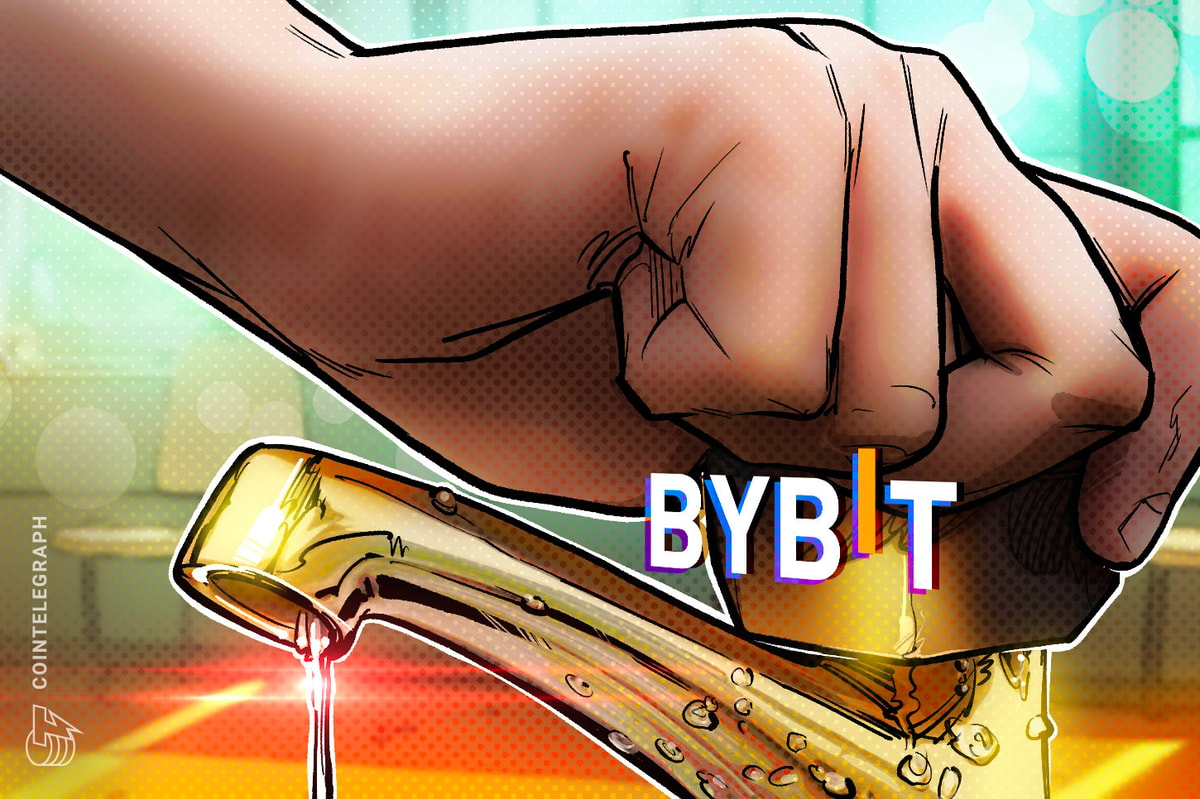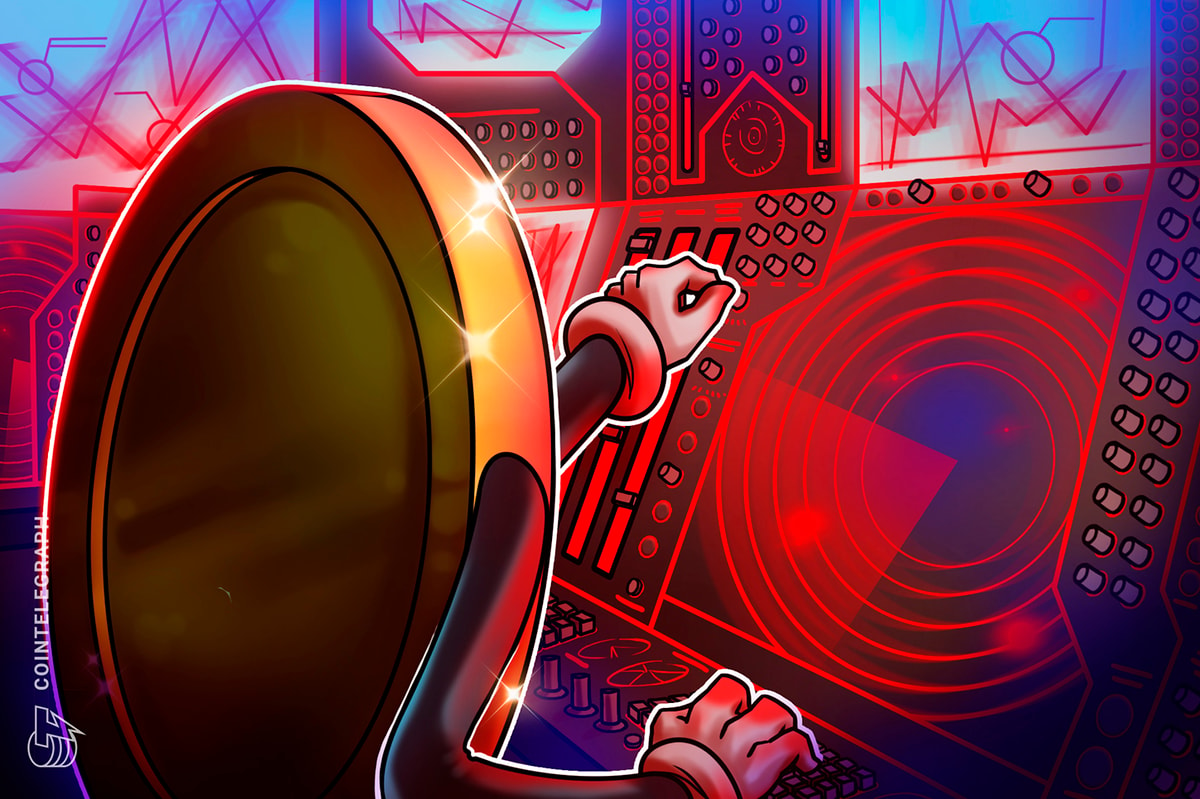
Meta corporate headquarters in Menlo Park, Calif. on Nov. 9, 2022. The company announced plans last month will lay off more than 11,000 of its staff in response to a decline in revenue.
Josh Edelson/AFP via Getty Images
hide caption
toggle caption
Josh Edelson/AFP via Getty Images

Meta corporate headquarters in Menlo Park, Calif. on Nov. 9, 2022. The company announced plans last month will lay off more than 11,000 of its staff in response to a decline in revenue.
Josh Edelson/AFP via Getty Images
2022 has been a rocky year for social media companies.
Facebook burned through billions of dollars trying to make the metaverse happen. Elon Musk bought Twitter for $44 billion and plunged the company into chaos, sending advertisers and some power users fleeing. Across Silicon Valley, tens of thousands of workers have been laid off as economic woes deflated tech’s pandemic high.
It’s not what many companies expected back in January when they were trying fresh starts.
Facebook CEO Mark Zuckerberg had renamed his company Meta to signal a new big bet on the metaverse, an immersive, virtual world he thinks is the future of the internet.
Twitter had a new CEO, after co-founder Jack Dorsey handed the reins to technology chief Parag Agrawal. The company was launching new features and working to boost users and revenue, in a departure from its longtime reputation as being slow to innovate.
But within months, the mood changed dramatically. Amid global economic turmoil, higher interest rates, and Russia’s invasion of Ukraine, the online advertising market cratered.
Facebook announced its first-ever declines in users and sales. The company has lost about two-thirds of its market value this year. Other ad-dependent companies like Twitter, Google and Snapchat also felt the squeeze.
Soon, companies across tech that had over-hired during the pandemic announced layoffs and budget cuts.

Twitter’s headquarters in San Francisco. The company has seen major layoffs and upheaval since Elon Musk completed his purchase of the influential social media service in October.
Constanza Hevia/AFP via Getty Images
hide caption
toggle caption
Constanza Hevia/AFP via Getty Images

Twitter’s headquarters in San Francisco. The company has seen major layoffs and upheaval since Elon Musk completed his purchase of the influential social media service in October.
Constanza Hevia/AFP via Getty Images
At Twitter, things were even more unstable. In April, Musk launched a surprise bid for the company — and then spent months in a grueling, expensive legal battle to get out of the deal.
After Musk gave in and took control in late October, he slashed the workforce by more than half, upended the site’s long-time rules, amplified conspiracy theories, welcomed back banned accounts including former President Donald Trump, and released internal documents in what appeared to be an attempt to discredit the previous management.
Big brands balked at Musk’s capricious decisions, with more than half of Twitter’s top 100 advertisers halting spending.
Era of fragmentation
But it’s not just economic and management upheaval that’s shifting the foundation the social media giants have built their businesses on.
Social media is entering a new era of fragmentation.
“Users are using [social apps] differently. Advertisers are using them differently,” said Katie Harbath, a former public policy director at Facebook. “People are going to different places to get their entertainment and advertisers are trying to figure out where those eyeballs are.”
That shift is epitomized by TikTok, the addictively popular Chinese-owned short video app. While the previous generation of sites from MySpace and Friendster to Facebook and Snapchat were built around connecting with friends and people you know, TikTok is all about serving up the most engaging videos from anyone, anywhere.

The TikTok logo is displayed outside a TikTok office on December 20, 2022 in Culver City, Calif. Congress passed legislation to ban the popular Chinese-owned social media app from most government devices.
Mario Tama/Getty Images
hide caption
toggle caption
Mario Tama/Getty Images

The TikTok logo is displayed outside a TikTok office on December 20, 2022 in Culver City, Calif. Congress passed legislation to ban the popular Chinese-owned social media app from most government devices.
Mario Tama/Getty Images
TikTok’s runaway success has companies including Facebook and Google scrambling to copy its features, introducing their own short video formats and pushing more recommendations of posts from people users don’t know or follow.
“There’s a shinier object in the social media space and it doesn’t involve your friends and what your friends are up to,” said Michael Sayman, an app developer who has worked at Facebook, Google and Twitter.
TikTok is under scrutiny over national security, because of its links to China. It has been banned from government-owned devices in several states and the federal government. But it’s already changed the landscape.
The race to emulate TikTok is pushing the big social media apps to become more like TV networks, where a tiny fraction of creators make almost all the content, Sayman said.
“The moneymakers in social media and really the profit for these companies is not any more in the business of friends sharing,” he said.
That’s left many people looking for alternative ways to keep up with friends. Many are turning to messaging services like WhatsApp, Signal and Discord, others to more private apps like BeReal, where users post one unedited photo a day, that can’t be liked or shared.
Disillusionment with the legacy social sites has also inspired a new crop of apps by and for conservatives, who feel their views are muzzled by Silicon Valley.
Now, that partisan fracturing extends to Twitter, where Musk is courting right-wing users and alienating advertisers, employees and regulators.
This fragmentation of the public conversation across many more platforms also has implications for how social media can be misused. It’s making life more complicated, both for threat actors trying to spread propaganda and amplify polarization, and for the people trying to investigate those threat actors, whether they are journalists or researchers or the companies themselves.
These fundamental behavioral shifts suggest the next era of social media will be defined not by one mega company, but by connections and content scattered across many apps.
Back in social media’s early days, companies like Facebook “thought that people have one identity, and that they want to share parts of themselves with everybody that’s in their lives,” Harbath said. “And it’s actually turning out, that’s not the case.”
Read More: news.google.com















 Bitcoin
Bitcoin  Ethereum
Ethereum  Tether
Tether  XRP
XRP  Solana
Solana  USDC
USDC  Dogecoin
Dogecoin  Cardano
Cardano  TRON
TRON  Lido Staked Ether
Lido Staked Ether  Wrapped Bitcoin
Wrapped Bitcoin  Toncoin
Toncoin  LEO Token
LEO Token  Chainlink
Chainlink  Stellar
Stellar  USDS
USDS  Wrapped stETH
Wrapped stETH  Avalanche
Avalanche  Sui
Sui  Shiba Inu
Shiba Inu  Hedera
Hedera  Litecoin
Litecoin  MANTRA
MANTRA  Polkadot
Polkadot  Bitcoin Cash
Bitcoin Cash  Bitget Token
Bitget Token  WETH
WETH  Ethena USDe
Ethena USDe  Binance Bridged USDT (BNB Smart Chain)
Binance Bridged USDT (BNB Smart Chain)  Pi Network
Pi Network  Hyperliquid
Hyperliquid  Wrapped eETH
Wrapped eETH  WhiteBIT Coin
WhiteBIT Coin  Monero
Monero  Uniswap
Uniswap  Dai
Dai  Aptos
Aptos  Pepe
Pepe  NEAR Protocol
NEAR Protocol  sUSDS
sUSDS  Cronos
Cronos  OKB
OKB  Coinbase Wrapped BTC
Coinbase Wrapped BTC  Gate
Gate  Tokenize Xchange
Tokenize Xchange  Mantle
Mantle  Ondo
Ondo  Internet Computer
Internet Computer